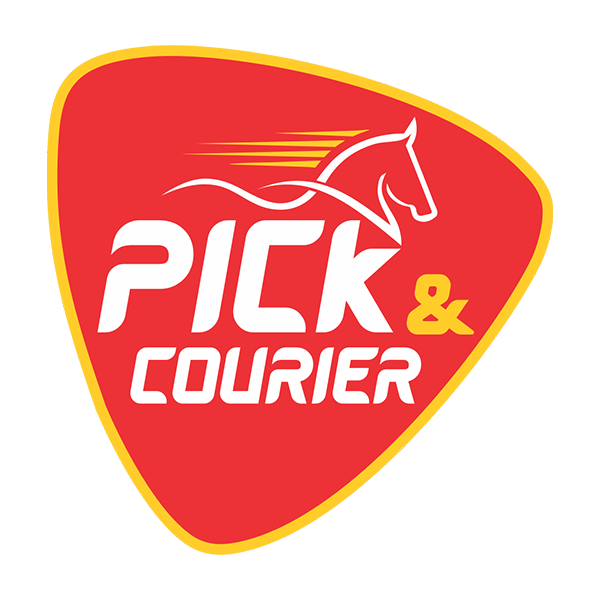Last-Mile Delivery Solutions - The final leg
Last-mile delivery, the final leg of a product's journey from the warehouse to the customer, is a crucial component of the supply chain. It presents unique challenges and opportunities for businesses. Implementing effective last-mile delivery solutions can enhance customer satisfaction, reduce operational costs, and drive competitiveness. Here are some key last-mile delivery solutions and strategies:
Route Optimization:
- Use route optimization software to plan efficient delivery routes. This minimizes travel time, fuel consumption, and vehicle wear and tear.
Real-Time Tracking and Visibility:
- Offer customers real-time tracking of their deliveries, allowing them to monitor the progress of their orders. This transparency builds trust and reduces inquiries.
Delivery Windows and Time Slots:
- Provide customers with flexible delivery windows and time slots, allowing them to choose the most convenient time for their deliveries.
Delivery Lockers:
- Install automated delivery lockers at central locations, such as shopping centers or residential complexes. Customers can collect their orders at their convenience.
Click and Collect (BOPIS):
- Implement a "buy online, pick up in-store" (BOPIS) option, allowing customers to order online and collect their purchases from a nearby physical location.
Crowdsourced and Gig Economy Delivery:
- Partner with gig economy platforms and crowdsourced delivery services to expand delivery capacity during peak periods.
Drones and Autonomous Vehicles:
- Explore the use of drones and autonomous vehicles for last-mile deliveries in areas with specific challenges or to achieve rapid deliveries.
Electric and Eco-Friendly Vehicles:
- Invest in electric and eco-friendly delivery vehicles to reduce the carbon footprint and meet sustainability goals.
Micro-Fulfillment Centers:
- Set up smaller fulfillment centers closer to urban areas to reduce the distance from warehouse to customer, enabling quicker deliveries.
Smart Packaging:
- Use smart packaging technology, including sensors and GPS trackers, to monitor package conditions and ensure secure and timely deliveries.
Customer Communication:
- Keep customers informed through SMS or email notifications regarding order status, estimated delivery times, and any unexpected delays.
Returns Management:
- Simplify the returns process by providing easy return options, such as free returns and prepaid labels, and pick-up services for returned items.
Dynamic Delivery Pricing:
- Implement dynamic pricing models based on delivery time, location, and demand to optimize delivery costs.
Local Partnerships:
- Partner with local retailers, warehouses, or delivery services to improve last-mile capabilities in specific regions.
Geo-Fencing and Geolocation Services:
- Use geo-fencing to trigger notifications or automatic actions when a delivery vehicle enters a designated area. Geolocation services help drivers navigate more efficiently.
Customer-Facing Apps and Portals:
- Develop customer-facing apps or portals that allow customers to manage their orders, track deliveries, and communicate with delivery personnel.
Rerouting and Redelivery Options:
- Enable options for customers to reroute packages or request redelivery if they miss the initial delivery attempt.
Customer Feedback and Improvement:
- Collect feedback from customers to continuously improve last-mile delivery services based on their preferences and expectations.
Multi-Modal Transport:
- Use a combination of delivery modes, such as bikes, electric scooters, or walking couriers, for deliveries in urban areas where traditional vehicles may face congestion challenges.
Implementing a combination of these last-mile delivery solutions can help businesses optimize their delivery operations, improve customer experiences, and gain a competitive advantage in the e-commerce and logistics sectors.
